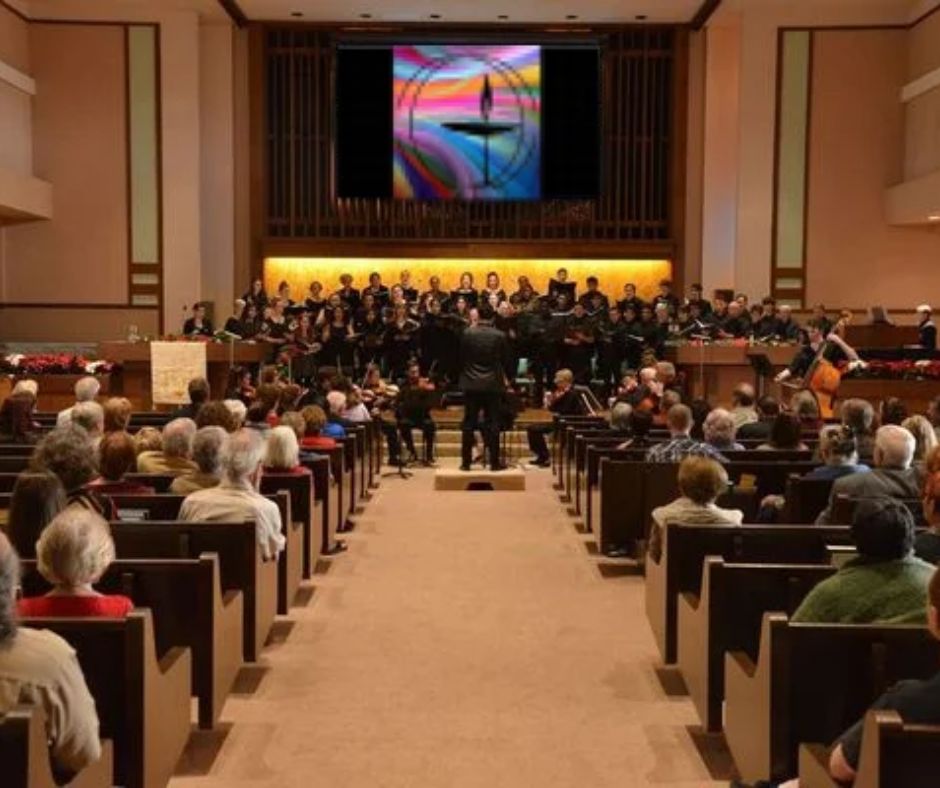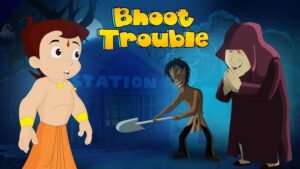
Forgiveness. Ugh, even saying the word out loud feels heavy sometimes, doesn’t it? Everyone tells us it’s the right thing to do, but no one admits how messy it really is. In Unitarian Churches, forgiveness isn’t packaged like a command or a one-size-fits-all answer. It’s more like an ongoing experiment—something you keep trying, stumbling over, maybe circling back to later when you’re ready. And reconciliation? That’s the next step. Harder, scarier, but also where the magic sometimes happens: actually repairing what’s broken.
Forgiveness Without Pressure
Here’s the difference I’ve noticed. Some traditions demand forgiveness on a timeline. “God commands it, so you do it.” End of story. UU communities flip that script. Nobody’s rushing you. Nobody’s telling you that you’re a bad person if you’re still mad.
Instead, it’s more like: what would forgiving do for your spirit? For your relationships? For the community? That question hits differently. It’s not about following orders, it’s about figuring out if forgiveness might set you free.
And yeah, sometimes the answer is: not yet.
The Real Life Mess
Let’s be honest—real forgiveness isn’t neat. Somebody betrays you. Or lies. Or hurts you in a way that’s not easily patched. You don’t just wake up the next day smiling and handing out hugs. Anger lingers. Distrust hangs around like a bad smell.
And UU folks don’t pretend otherwise. I once heard a minister say, “Forgiveness without truth is just pretending.” That stuck with me. Pretending doesn’t heal anyone. You’ve got to look the pain in the face first.
Sometimes the best you can do is take one step—maybe letting go of the bitterness, even if reconciliation never happens. That counts.

Reconciliation Is a Team Sport
Now, here’s where things get interesting. Forgiveness is personal. Reconciliation? That takes two—or more. In Unitarian Churches, reconciliation isn’t just about shaking hands and saying “we’re good.” It’s about building trust again, bit by bit, and usually with the whole community holding space for it.
It can be awkward. I’ve sat in a UU group where someone finally said what everyone else was avoiding. The room went silent, and I thought, “Oh no, here comes the explosion.” But instead, people actually leaned in. They listened, they admitted fault, they kept talking. Painful? Sure. But it was real, and it mattered.
That’s the UU style: don’t sweep the cracks under the rug, work with them.
Bigger Than Personal Grudges
What surprised me most is how wide this idea of reconciliation can stretch. In some Houston churches I’ve visited, reconciliation isn’t just about personal fallouts. It’s about healing historic wounds—racism, inequality, division across faiths.
UU congregations there host dialogues, invite speakers from different traditions, and roll up their sleeves for activism. That’s reconciliation on a bigger scale—less about “me and you,” more about “us and all of us.”
It’s messy work. Not everything gets fixed. But the willingness to even start? That’s powerful.
A Little Story That Stuck
I’ll never forget a service where the minister asked everyone to write down the name of someone they hadn’t forgiven. Not in a “you must do this right now” way. Just—write it down. People folded the slips, dropped them in a basket. Nobody read them. Nobody judged.
The point wasn’t to rush the process. It was just to admit it: forgiveness takes time. Sometimes years. Sometimes never. And that honesty, that simple act of saying “I’m not ready yet,” felt almost as healing as the forgiveness itself.
Forgiveness as Resistance
In a world that runs on outrage—on callouts, cancel culture, endless fights—choosing forgiveness feels almost rebellious. UU belief doesn’t ignore harm or excuse bad behavior. Accountability still matters. But forgiveness becomes this wild act of saying: “I refuse to let this wound be the whole story.”
And reconciliation, when it happens, is even wilder: two people (or groups) deciding to build forward instead of staying stuck in the past. Not erasing it, not denying it, but refusing to let it keep all the power.
The UU Take on Liberation
The more I sit with it, the more I think forgiveness, in UU spaces, is about freedom. Carrying resentment is exhausting. It drags you down. Forgiveness—when you get there—lightens the load. And reconciliation? It breathes life back into relationships and sometimes into whole communities.
But here’s the thing: it’s not forced. Nobody’s checking boxes. Nobody’s grading your spiritual progress. It’s just… a practice. Something you can return to again and again.

My Own Take
If I’m honest, I’ve sat in religious spaces where forgiveness was treated like a test. Fail to forgive quickly enough, and you were basically spiritually failing. That never sat right with me. It made me feel guilty for being human.
UU spaces? They remind me forgiveness isn’t a performance. It’s a process. And reconciliation? It’s a hope. If it happens, wonderful. If not, you’re still allowed to heal in your own way. That feels more human to me than any strict command ever did.
Wrapping Up
So what’s the role of forgiveness and reconciliation in UU belief? It’s not about perfect answers. It’s about creating room—for pain, for truth, for trying again. Unitarian Churches lean into that messiness and call it sacred.
Forgiveness doesn’t erase harm, but it loosens the chains. Reconciliation doesn’t make everything shiny and new, but it dares to build something from the rubble. And maybe that’s why people keep showing up—because they’re tired of spaces that demand perfection when all we really have is the courage to try.

